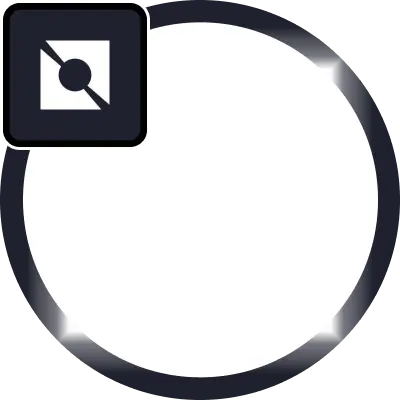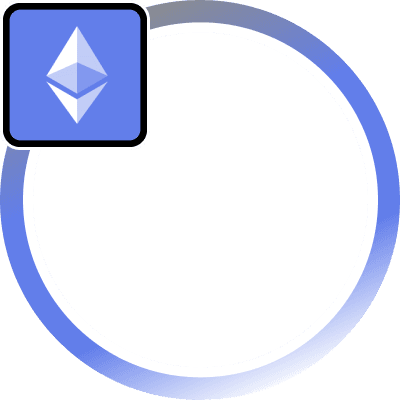Overview of Solayer
Solayer is a cutting-edge restaking protocol built exclusively for the Solana blockchain. The platform enables users to restake their SOL tokens into Solayer’s ecosystem, converting them into liquid-staked tokens (sSOL). This system enhances the economic security of the Solana blockchain while offering decentralized applications (dApps) improved transaction prioritization and block space. Solayer’s focus on native Solana applications gives it a distinct advantage in supporting efficient and scalable dApps



![Let’s Get These AIRDROPS [$SEA, $JUP, $LINEA, more…]](/_next/image?url=https%3A%2F%2Fimg.youtube.com%2Fvi%2FQx2l7RskSmQ%2Fhqdefault.jpg&w=1024&q=75)




